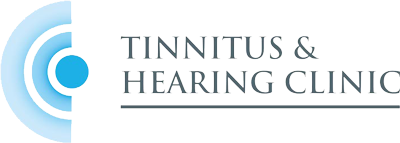We are often asked if we can supply a pill to cure tinnitus. It’s the answer many patents would prefer. If we have a headache we take an aspirin. Back pain, take an anti-inflammatory. Tinnitus … No pill.
Looking at the history of pills for pain relief, it is interesting to note that the first test with aspirin was when chemist Felix Hoffmann at Bayer in Germany used it to alleviate his father’s rheumatism. Aspirin is in fact based on a naturally occurring substance called salacin, used in historical times by the Mesopotamians to treat fever and occurring naturally from the plant known as Meadowsweet or Filipendula ulmaria. There was money to be made from pain relief and this focused the mind of the big pharmaceutical companies who developed the product, first supplying it as a powder for doctors to give their patients in a drink.
So why, when millions are living with tinnitus, doesn’t tinnitus have a pharmaceutical champion, out seeking the magic pill which will cure tinnitus?
For a chemical intervention to work, it has to work to interfere or, change something which is happening in the body. So an aspirin blocks the pain receptors and our brain doesn’t get the sensation of having pain anymore. Chemotherapy , a very complicated cocktail of drugs, works to reduce the size of tumours and stop further tumours forming.
Tinnitus is ultimately induced by our brains becoming hyperactive as a result of hearing loss.
In order for a drug therapy to work it would have to either improve hearing or reduce abnormal nerve firing in the hearing part of the brain. A tinnitus pill which blocked the tinnitus, or bad noise sensation, reaching the brain would also block good noise in the same frequency. Potentially, a type of chemically induced deafness!
The first option is being intensively researched internationally and is the focus of much research involving gene therapy methods. The second concept is somewhat akin to taking a Valium for your ear.
Historically a number of attempts have been made to develop a drug like this that controls tinnitus but none have made it through clinical trials due to them either being ineffective or inducing undesirable side effects. So the search does continue but we are most probably some time away from discovering an agent that it both effective and safe.
I don’t think pharmaceutical companies have the same budgets to invest in speculative research for a drug solution to tinnitus now as they might have had in the past. Companies also don’t have medics and academics coming up with ideas on what to develop.
Drug innovations have come about in the past when a scientist sees a possible application for something and asks for funding to develop it or, as in the case of aspirin, use a family member as a guinea pig!And there are very few, if any, scientists exploring what is happening specifically in tinnitus that could be affected by a drug. Until we get more scientists working at the beginning of the journey, we won’t get a drug being developed by a pharmaceutical company at the other end.


